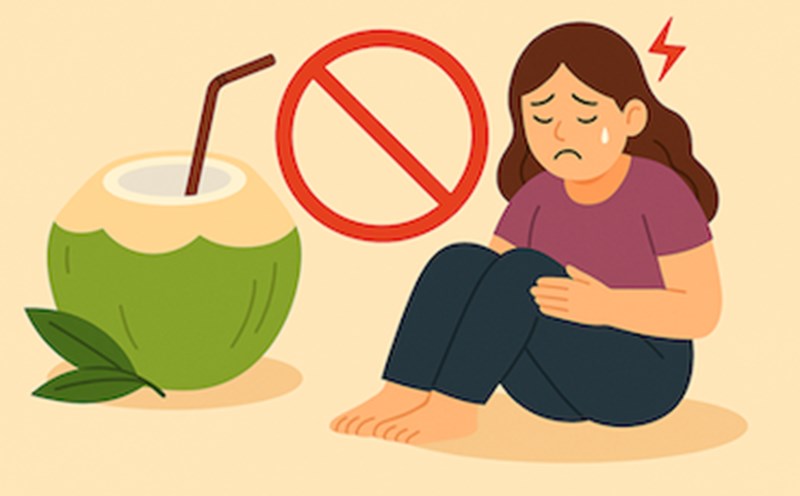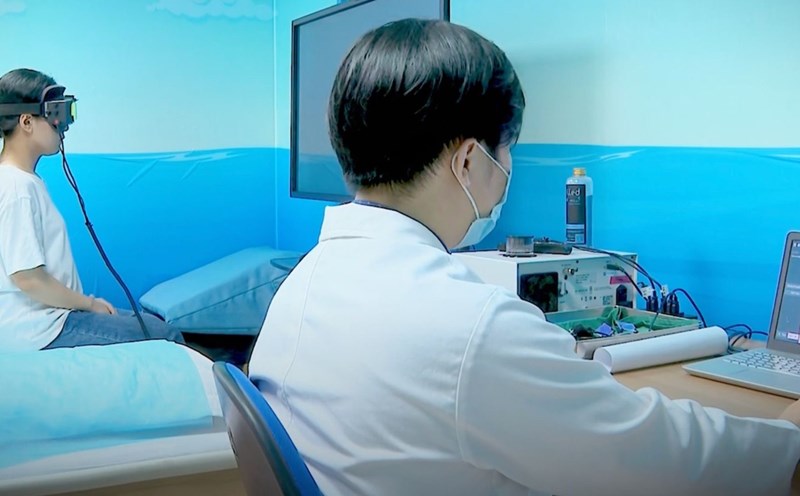Drinking too much water at a time
One common misconception is that the more water you drink, the better it is. In fact, drinking too much water in a short period of time can cause hyponatremia - a dangerous form of electrolyte disorder.
Dr. Tamara Hew-Butler, an athletic physiologist at Oakland University (USA), warned: " Drinking too much water in a short period of time can dilute sodium levels in the blood, leading to headaches, nausea, even seizures and coma".
Instead of forcing yourself to drink 2 - 3 liters of water for a few hours, the body needs to be supplemented with water evenly throughout the day, according to natural needs, especially after sweating a lot.
Abuse of cold ice and carbonated soft drinks
In hot weather, it is understandable to crave to drink a refreshing glass of ice. However, drinking water that is too cold can cause stomach cramps, affecting digestion, especially when the body is hot. In addition, carbonated soft drinks and energy drinks contain caffeine and sugar, which can easily cause the body to lose more water due to the diuretic effect.
Many people do not realize that carbonated water or sugary drinks do not help rehydrate effectively, recommends Dr Sarah Pflugradt, a certified nutritionist at Healthline. Caffeine and simple sugar can increase the need for excretion, making the body even more dehydrated."
No compensation for benefits after sweating a lot
Outdoor workers, athletes, shippers... often sweat a lot but only drink water. This causes the body to lose important electrolytes such as sodium, potassium and magnesium without being compensated. As a result, the body became sluggish, cramps, low blood pressure, and even fainted.
In these cases, it is necessary to supplement drinks containing mild electrolytes (dilute oresol water, fresh natural coconut water or sugar-free specialized products).
Hold on to drink water to avoid urinating
Some workers at construction sites or production lines often limit drinking water to avoid having to go to the toilet in between shifts. This causes long-term damage to the kidneys and increases the risk of kidney stones and urinary tract infections, especially in the summer.











